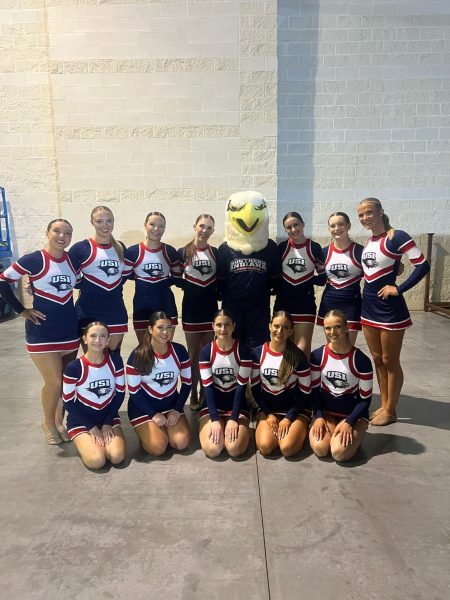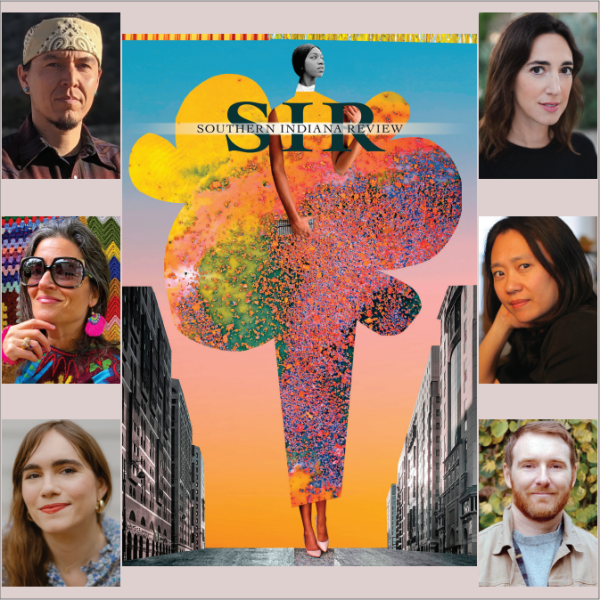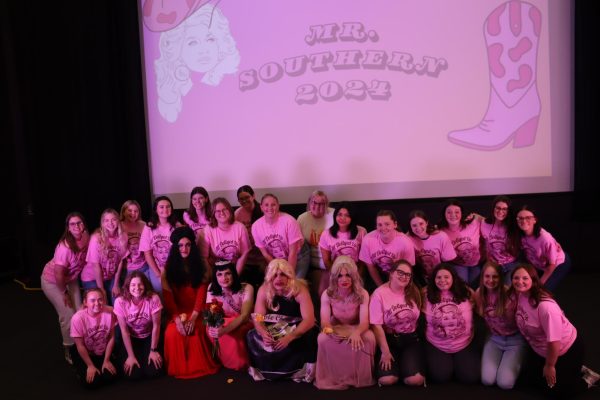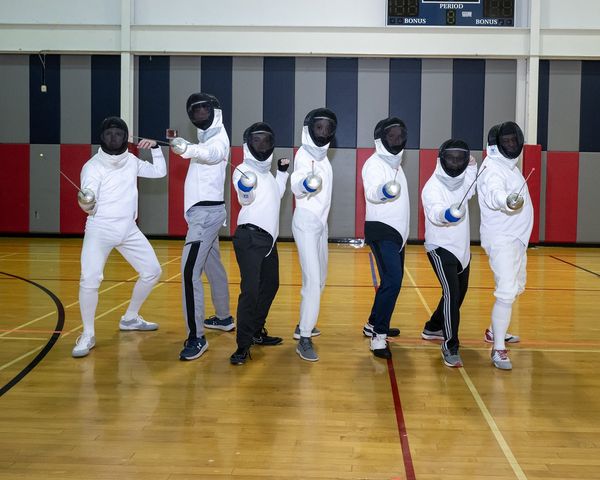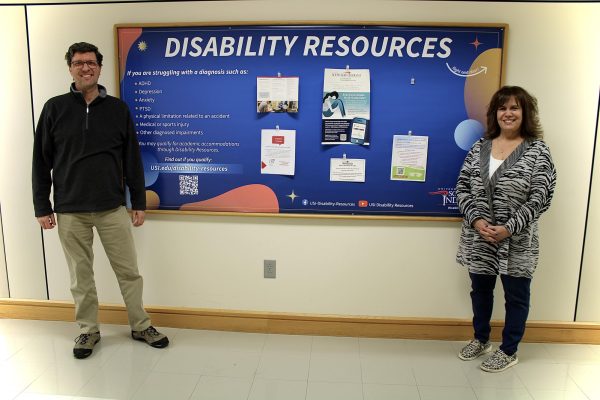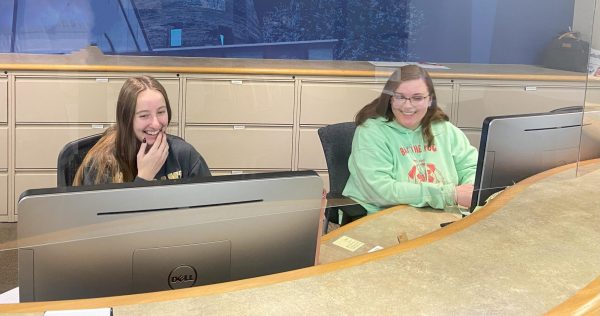Eagle expeditions: promoting dignified work
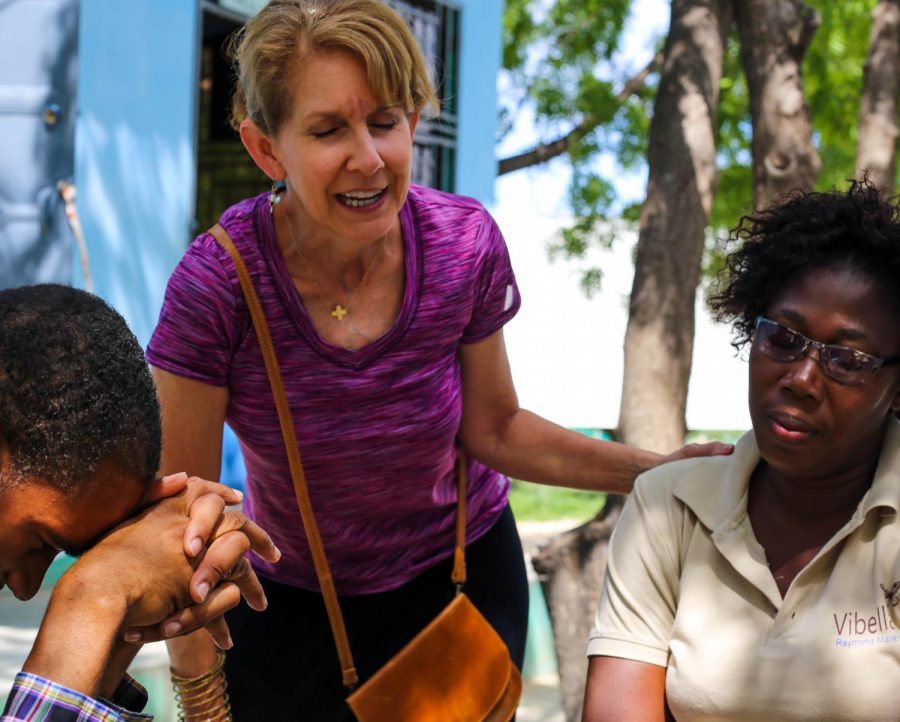
Photo Courtesy of Taylor Humphrey
Karama Collection is a non-profit organization that alleviates poverty by restoring dignity through creative purposeful work for artisans. The organization started in Africa and now is making ground in Haiti.
Every week The Shield will feature a student who spent time in another country over the summer. This week, Taylor Humphrey and Raychel Geiser shared about their business trip to Port Au Prince, Haiti through Karama Collection.
Taylor Humphrey walked into college as a freshman already planning where her first internship would be. The senior public relations and marketing major applied to internships all across the country, only to chicken out right before her interview.
Finally, in the second semester of her freshman year, Humphrey found an internship that was close to home.
“I was like, I’m jumping on this,” Humphrey said. “And so I had an internship my freshman year.”
Humphrey stayed with Project Reveal planning events until the following year when a job opening at Karama Collection opened up.
“I just couldn’t pass it up because it aligned all my passions in one place,” Humphrey said. “And because I didn’t wait to get an internship, I could just jump right into a job.”
Karama Collection is a non-profit organization that alleviates poverty by restoring dignity through creative purposeful work for artisans. The organization started in Africa and now is making ground in Haiti.
The founder of the organization was living in Ethiopia when she met women engaged in prostitution and sex trafficking. Karama Collection was created in an effort to give those women a second chance at life. The organization now works with over 200 artisans in 6 different countries and has employed over 2400 people within the last 10 years.
Humphrey traveled to Port Au Prince, Haiti with Karama Collection to make connections, check up on businesses and meet with artisans.
Humphrey traveled with a team of 15-20 volunteers, part-time and full-time employees.
Humphrey’s job for the trip was content director.
“I just got to develop and see it happen. It’s great because I’m such a relational person and so it was just like I was getting to watch, getting to talk to my friends and getting to watch and see why I do what I do. Someone from our team interviewing an artisan, and I would just be in there jotting it down and I would ask some questions too.”
In her normal day-to-day job, Humphrey deals with customer service and everything in between.
“There has been a challenge of going to class and then having what I call a real job or an adult job because I don’t want to be in class and I don’t want to be doing assignments when I just want to be in the real world with real time and real money,” Humphrey said. “But I think it’s really important to see if you really like your major.”
Humphrey said she doesn’t plan to leave Karama Collection anytime soon.
“It was so cool since I am passionate about dignified work and giving those people who live in the developing world an opportunity, and it was cool to see that in action,” Humphrey said. “It’s always good, no matter what company you are working for, to see the benefit and the good of what you are doing.”
Raychel Geiser said as the impact of Karama grows, the swirl of good becomes wider and wider.
The senior communications major has been working with Karama for a year and a half as the engagement assistant.
Geiser said the swirl of good is what is known as the triple impact. The jobs created for artisans help them create their own living, which helps support Young Life, which helps support students in the states and overseas go to Young Life Camp.
Geiser had never been overseas before, but was felt she was prepared for the trip.
“(Humphrey) was one of the many friends I had that had been out of the country,” Geiser said. “I had heard so many things from so many of my friends who had been out of the country and with technology today, I think the gap is bridged a lot more so we see pictures and we have a better idea of what is going on overseas, whereas years ago, we didn’t have any clue.”
Gieser said she can see herself working someplace like Karama Collection for the rest of her life.
“It’s mostly because of the impact that Young Life has had on me,” Geiser said. “I went to Young Life Camp when I was in high school and I now lead Young Life Camp for high school students, and the fact that I literally get to help Young Life fundraise for those students to go to camp is incredibly rewarding to me.”
Geiser said it’s important to ask yourself who you are supporting.
“Do you know where your clothes came from?” Gieser said. “Do you know where the products that you buy came from? Because when you meet the people that make your products, that is an experience that is insane. Is it coming from a factory full of children underage or are you providing food for a family over in Haiti that has their own business and it trying to stay afloat?”
Geiser said for those that want to make a difference in the lives of those overseas, this is how you do it.
“Until Karama grows and as we continue to grow, we hope to employ more artisans, and to support more young life camps,” Geiser said.
Humphrey said many jobs could make her happy in her career field.
“The nonprofit field is where I felt like God has really led me to and given me a passion for,” Humphrey said. “The corporate world would probably make me a lot more money, but I wouldn’t like my job, and to me, that’s not worth it.”

